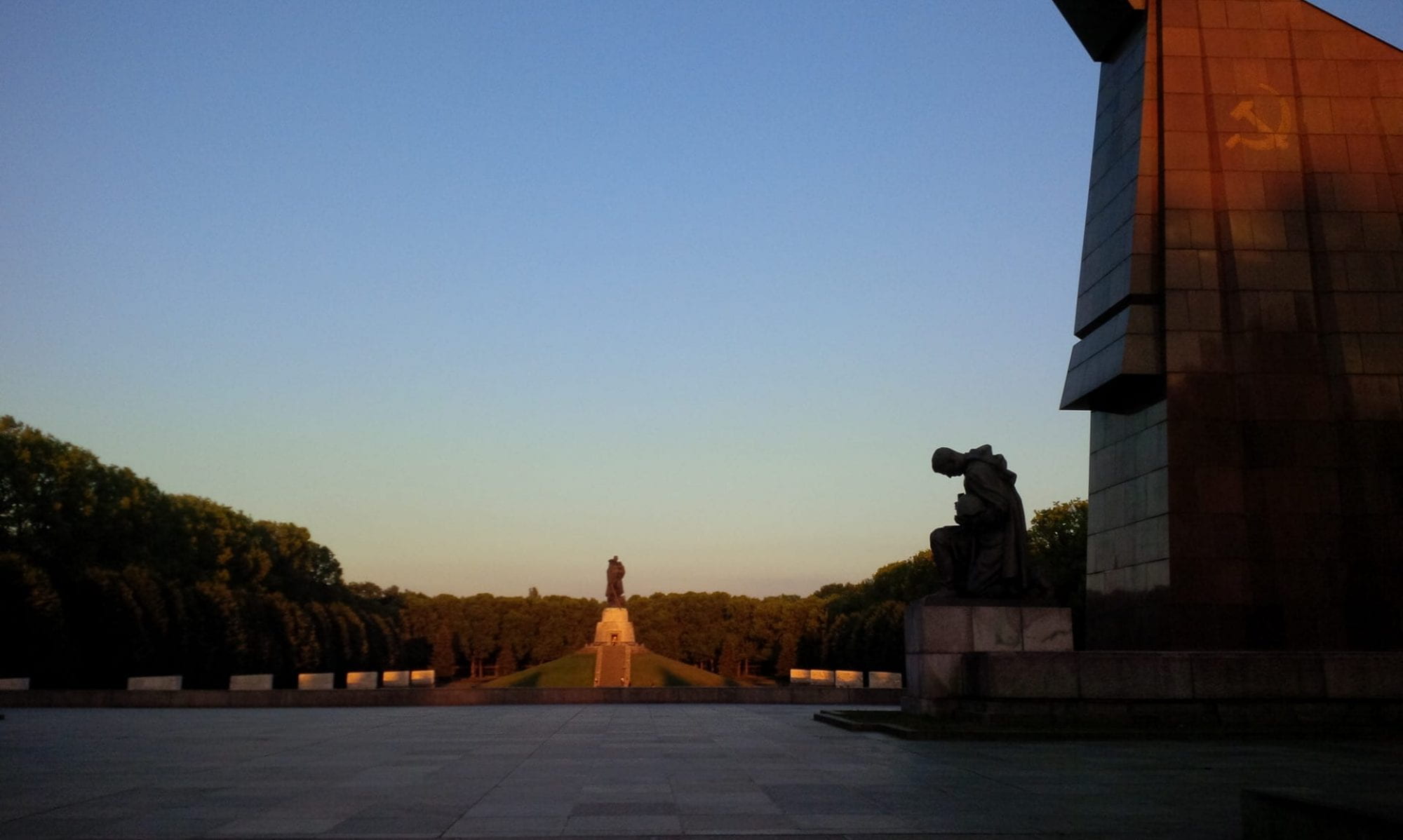
As an undergraduate senior majoring in Fine Arts and Visual Studies, Material Secularisms was the perfect opportunity for me to gather research for my theses projects and thus find approaches and the language for articulating my interest in how religion is imbued in seeing and the philosophy of vision, with the goal of disrupting its secular and thus neutral guise. Through my coursework this past year in religious studies, I have found extremely generative relationships between the fields of religious studies and performance studio/studies, particularly pertaining to affect, embodiment, visual and material culture. What I found most pertinent in the three-day workshop was that though Body was one of the discrete panels, topics concerning embodiment and body were implicated throughout most presentations, such as Matthew Engelke’s interrogation of self-proclaimed secular infrastructures dealing with the body after death and Courtney Bender’s questioning of the relationship between spirituality and perspective mediated by our bodies’ relationship to the obscured horizon line. Even within the Body panel, there was a diversity of approaches to questioning the role of embodiment ranging from Ann Pellegrini’s analysis of queer performance work to Jolyon Thomas’ discussion of the location of religion in phenotypical difference as threat in Japanese educational institutions; what to me is the appeal of the community religious studies scholars is that it is very visibly and palpably not homogenous. Overall, Material Secularisms introduced to me the potentiality and fertility of the academic workshop as an incubator for structured intellectual conversation outside of the classroom. I hope to continue to engage in the field of religious studies as both an academic as an artist.
Natasha Cheung is an undergraduate in the College of Arts and Sciences at Penn.
